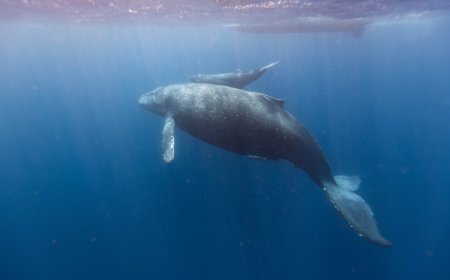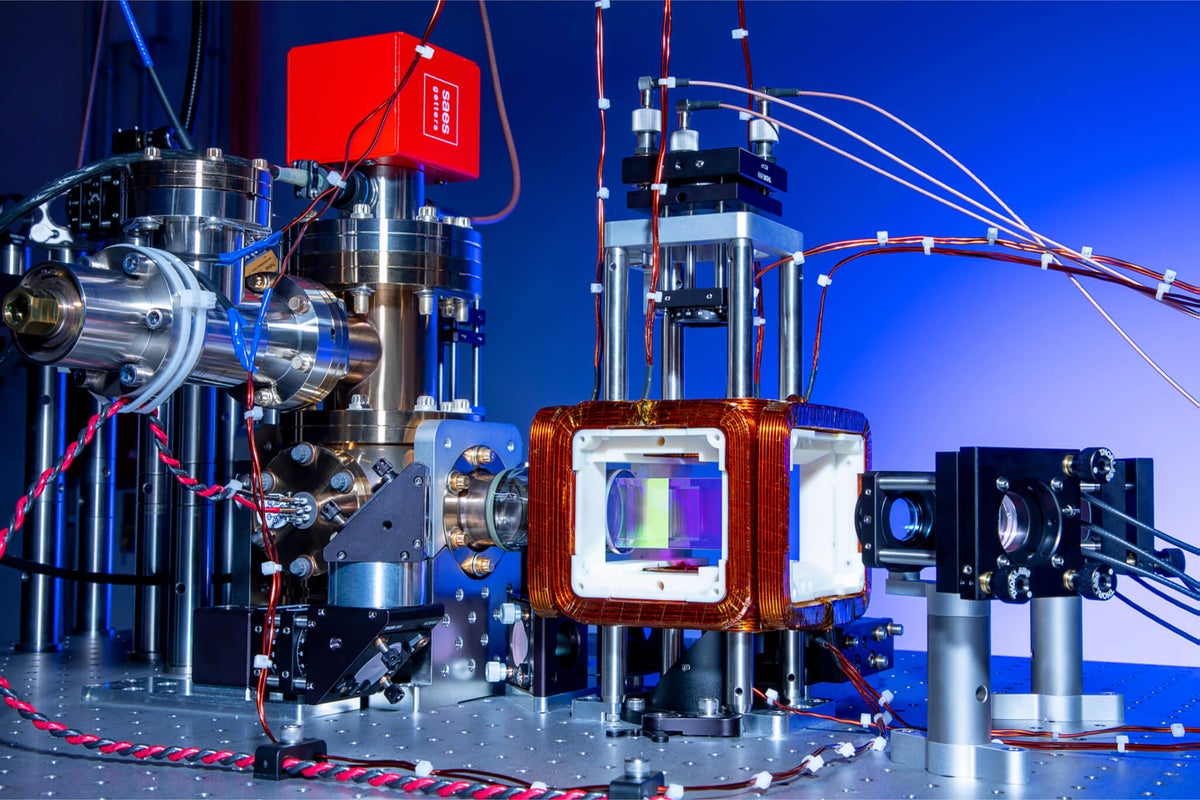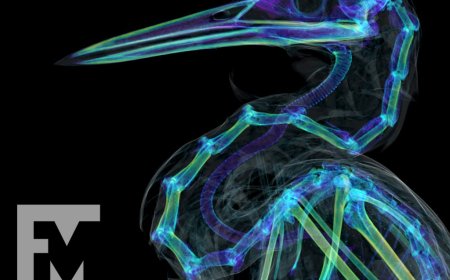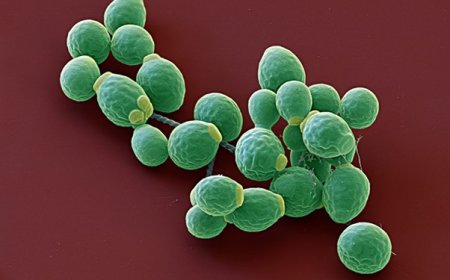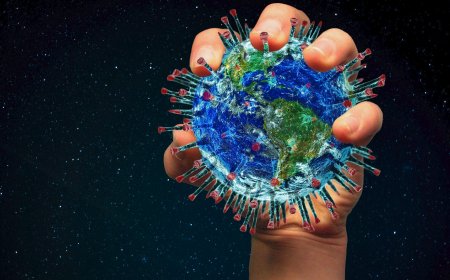Whale Cells' DNA Repair Superpower May Unlock Secrets to Longevity and Cancer Resistance
Bowhead whales, known for their long lives, possess a unique DNA repair ability that may explain their longevity. Their cells efficiently mend damaged DNA, potentially preventing cancer-causing mutations. Unlike other mammals, bowhead whale cells excel at accurately restoring broken DNA. Researchers identified two proteins, CIRBP and RPA2, involved in this repair process. This discovery offers new insights into cancer resistance strategies in large animals, challenging Peto's paradox. Understanding these mechanisms could lead to effective cancer treatments. Studying animals with low cancer rates, like bowhead whales, is crucial. Further research will explore if other species, such as humpback whales and dolphins, employ similar defenses.
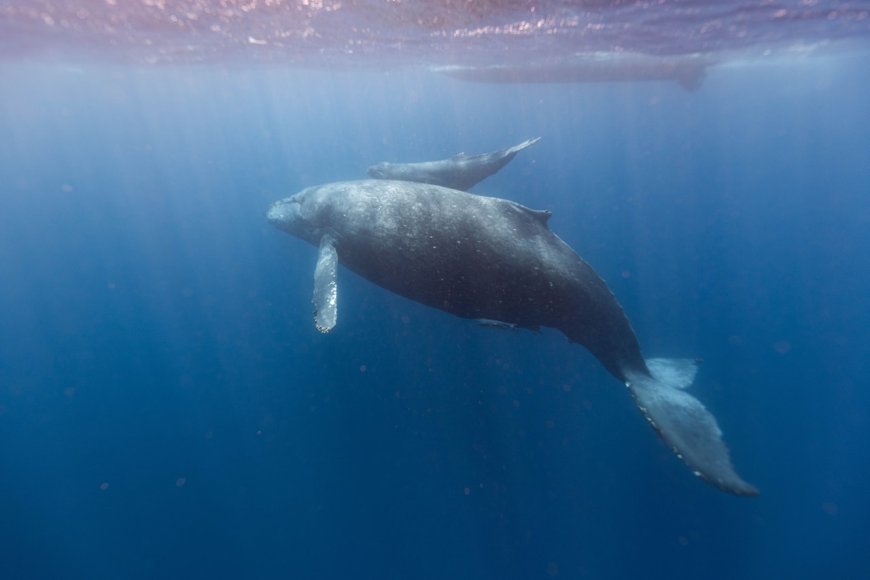
Bowhead whales, massive marine mammals found near the Arctic Ocean, have intrigued scientists with their remarkable longevity, often exceeding 200 years. Researchers have discovered that these whales possess a unique ability to repair damaged DNA, potentially explaining their longevity and resistance to cancer-causing genetic mutations. The whales' cells exhibit exceptional proficiency in DNA repair, surpassing other mammals in accuracy and efficiency. The study also identified two proteins, CIRBP and RPA2, involved in the DNA repair process in bowhead whale cells.
This discovery sheds new light on cancer resistance strategies in large-bodied animals, known as Peto's paradox, which suggests that such animals possess robust cancer defenses. Previous studies have shown that elephants, which also have long lifespans and low cancer rates, possess extra copies of the tumor-blocking gene TP53. The findings from bowhead whales indicate an alternative strategy, where the animals "take the hit" from DNA damage and subsequently repair it.
Understanding how animals evade cancer has significant implications for cancer research in humans. The strategies employed by animals could potentially be translated into effective treatments for human cancer patients. While more research is needed, these findings emphasize the importance of studying animals with low cancer rates to uncover novel insights into cancer prevention and treatment. Future investigations may explore the DNA repair capabilities of other species, such as humpback whales and dolphins, to determine if they employ similar defense mechanisms.
What's Your Reaction?

















